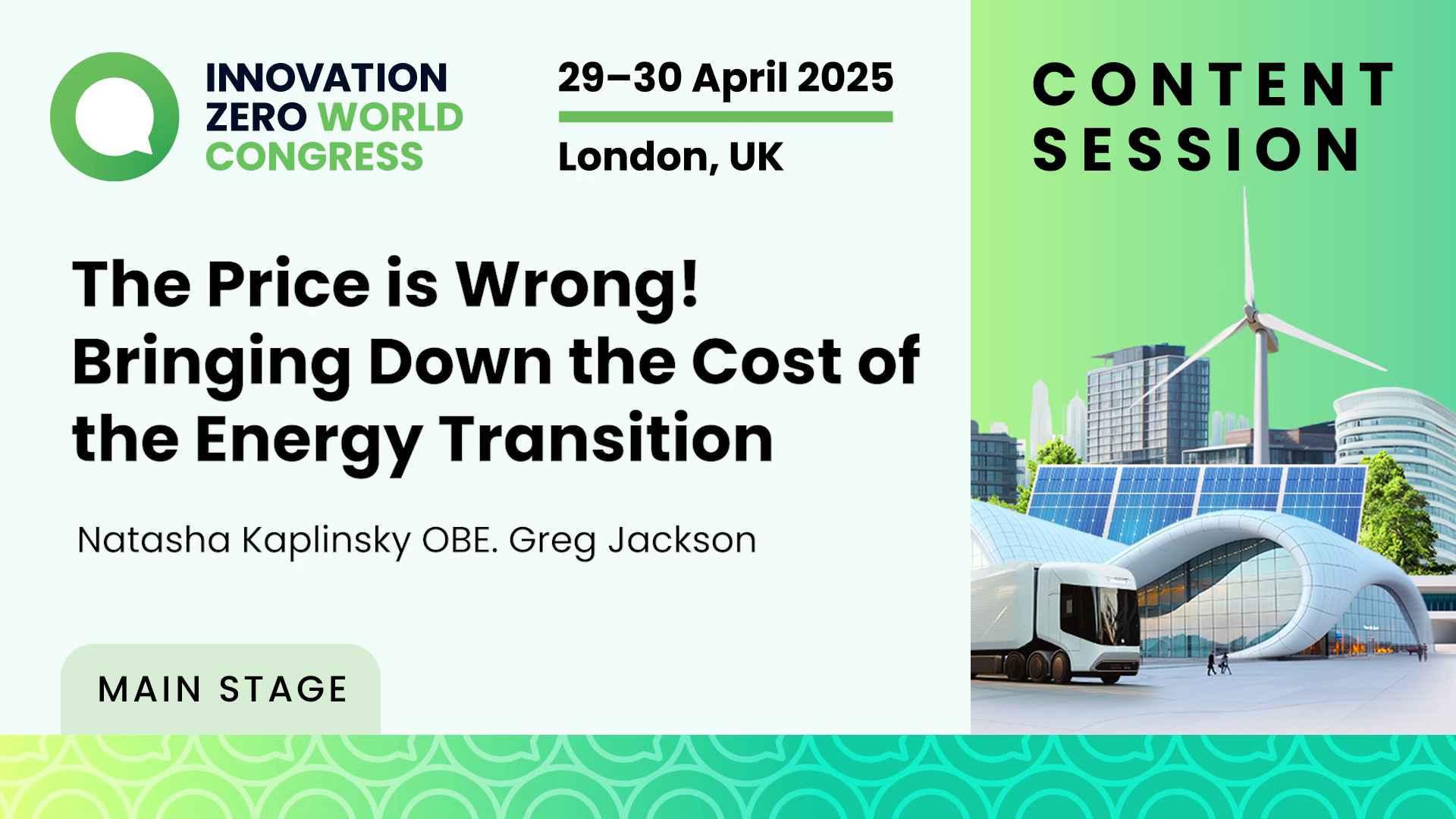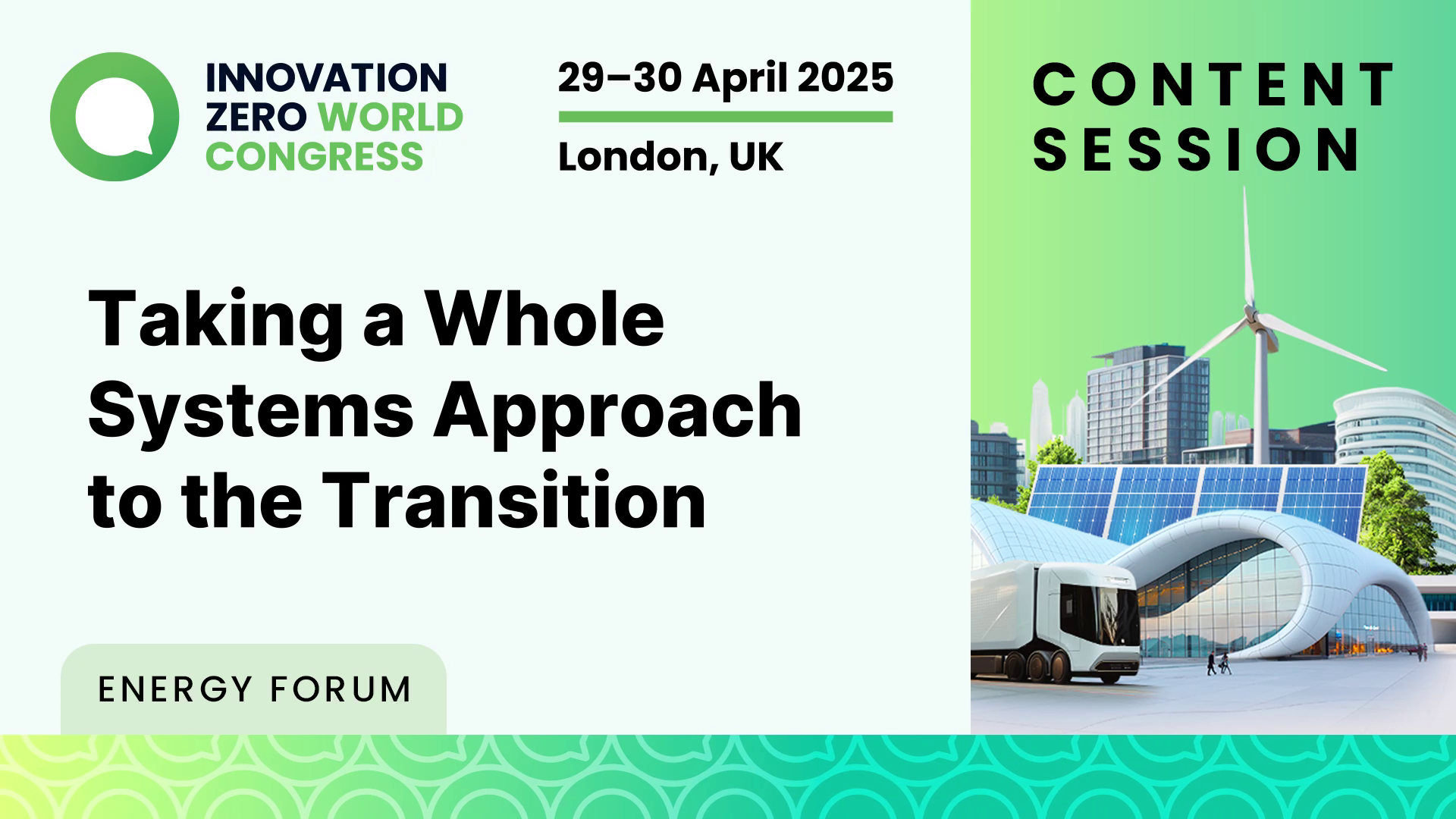As the UK accelerates clean energy deployment, this question sits at the heart of delivery: who carries the risk — and who reaps the reward? The Industrial Strategy outlines a clear ambition but to deliver on it, we need investment structures that are fair, transparent, and built to last.
That’s where the National Wealth Fund (NWF) plays a critical role.
By stepping in early to lead strategic public investment, the NWF is absorbing risk that the private sector alone cannot carry, particularly in emerging areas like green hydrogen, SMRs, and grid-scale infrastructure. This sends a powerful market signal: the UK is serious about clean energy, and willing to lead from the front.
But as John Flint cautioned, risk allocation must also work for the consumer.
If the energy transition becomes too expensive, too complex, or too slow to deliver visible benefits for consumers it risks becoming a "political football". Public sentiment could sour, and politicians may begin campaigning to roll back net zero commitments—much like we've seen in the US.
That’s why this moment matters.
We must ensure that:
-
Public investment de-risks private capital, not replaces it
-
Consumers see real value: lower bills, better access, easier choices
-
Rewards are shared across industry, households, and future generations
This isn’t just a delivery question. It’s a design challenge and a political one.



















